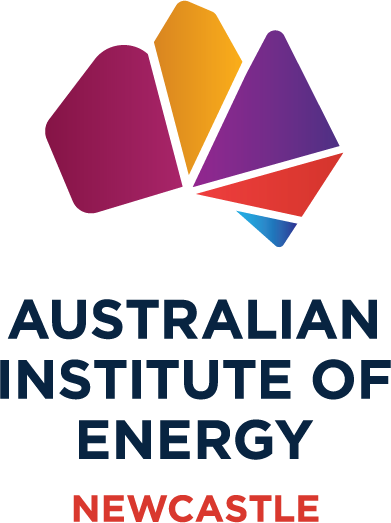Australian Hydrogen Council advocates for robust support of hydrogen industry in Future Made in Australia Bill
The Council urges the government to continue to prioritise policies that support the development of the emerging Australian hydrogen sector, and stresses the importance of the FMIA Bill in keeping Australia competitive in the rapidly evolving global clean technology market.

The Australian Hydrogen Council (AHC) has voiced its strong support for the "Future Made in Australia" (FMIA) legislation in a recent submission to the Senate Economics Legislation Committee.
Dr Fiona Simon, CEO of the AHC, stressed that the FMIA Bill is essential for addressing changes in global supply chains and energy security, while also revitalising Australia’s industrial capabilities.
“The energy transition is hugely challenging but it also presents an important opportunity for Australia to develop competitive advantage in renewable energy production, technology and use within the global marketplace, as well as ensuring ongoing prosperity in our region,” Simon said.
The AHC's submission highlights the necessity for governments to play a proactive role in the energy transition by acting as "market creators". This involvement is crucial to facilitate the reallocation of private investments and public spending needed to build infrastructure that benefits the public. The Council believes that this approach is key to unlocking the potential of Australia’s hydrogen industry, which is expected to be a cornerstone of the country's decarbonisation efforts and future economic growth.
The submission also compared Australia's current position in the clean technology race to that of other countries, particularly the United States, following the introduction of the Inflation Reduction Act (IRA). “With its Inflation Reduction Act (IRA), the US government started a global race for clean technology investment, and the wins that Australian industry and policymakers may have assumed would come to us naturally became far from assured when we did not respond in kind,” the AHC noted.
The AHC sees the FMIA policy package as a timely response that will enable Australia to reclaim its position in this race. One of the bill's key features, the Hydrogen Production Tax Incentive, is viewed as crucial for ensuring that Australia can meet its emissions reduction targets, support national and regional energy security, and generate the necessary volumes of hydrogen for future applications.
“Supporting hydrogen developments is in the national interest. The growth of Australia’s hydrogen industry supports both domestic decarbonisation and provides Australia with an opportunity to add value to existing raw exports and creating new export opportunities,” Dr Simon added.












